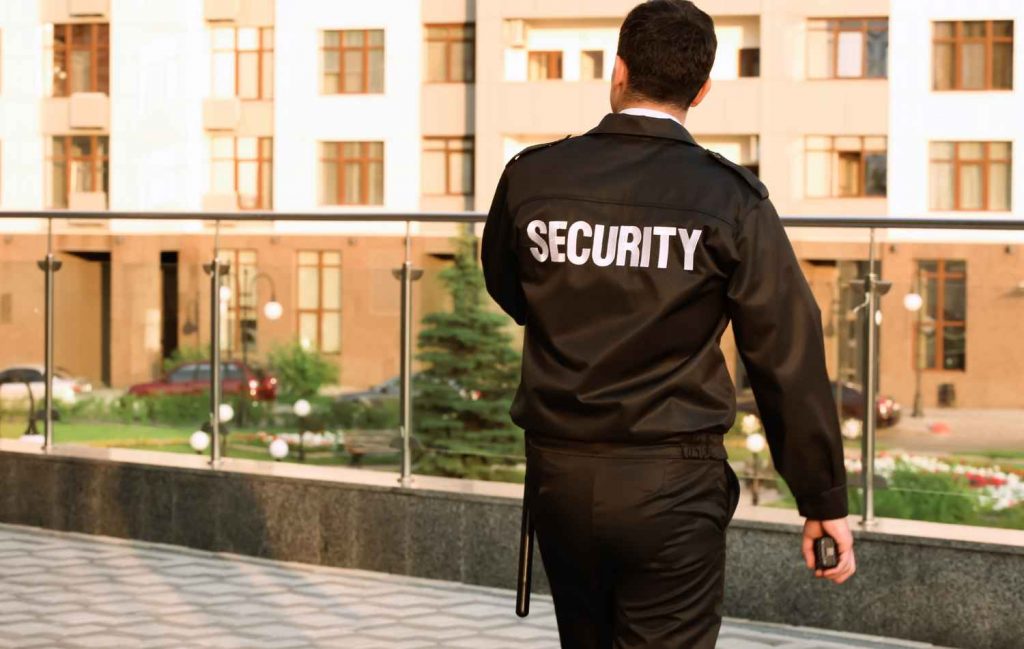
In the world of self-defense, physical strength and technique are often highlighted as the primary tools for protection. However, there's more to effective self-defense than just being physically fit. Mental training plays a crucial role in preparing you to handle real-life confrontations. It’s not just about how hard you can punch or how fast you can run; it’s about staying calm under pressure and making smart decisions when it counts. This mental aspect is often overlooked, but it's just as important as physical prowess. By incorporating mental training into your self-defense routine, you enhance your ability to face unpredictable situations with confidence and composure. So, let’s dive into why mental training is essential and how it can make a real difference in your self-defense strategy.
What are the Limitations of Physical Training Alone?
Physical training is essential for building strength, speed, and agility, but it has its limitations when it comes to self-defense. While being physically fit can help you execute techniques more effectively, it doesn't prepare you for the mental challenges of real-life confrontations.
In a high-stress situation, your ability to think clearly and make quick decisions is just as important as your physical capabilities. Physical training alone often neglects this crucial mental aspect. Without mental preparation, you might find yourself overwhelmed by fear, anxiety, or uncertainty when faced with a threat.
Moreover, physical training doesn't teach you how to manage the psychological stress that can arise during a confrontation. It's one thing to practice moves in a controlled environment, but it's entirely different when you're dealing with the unpredictability of a real-world scenario. Mental resilience is key to staying calm and focused under pressure.
Incorporating mental training into your self-defense routine ensures you're not only physically ready but also mentally prepared to handle whatever comes your way. This holistic approach to self-defense can significantly enhance your overall effectiveness and confidence in real-life situations.
How Does Mental Training Enhance Self-Defense Skills?
When it comes to self-defense, physical training is just one piece of the puzzle. Mental training plays a crucial role in ensuring you can effectively handle real-life confrontations. It’s not just about being strong or knowing the right moves; it’s about having the mental resilience to stay calm and make quick decisions under pressure. Here’s how mental training enhances your self-defense skills:
Strengthening the Ability to Handle Pressure and Uncertainty
In a self-defense situation, pressure and uncertainty are inevitable. You never know when or where you might face a threat, and the unpredictability can be overwhelming. Mental training helps you prepare for these scenarios by teaching you how to remain composed and focused. Techniques like visualization, mindfulness, and stress management exercises train your mind to handle high-pressure situations. By regularly practicing these techniques, you build mental resilience, enabling you to stay calm and think clearly even when faced with unexpected threats.
Improving Decision-Making Under Stress
Making quick, effective decisions is vital in self-defense. When you’re under stress, your ability to think clearly can be compromised. Mental training equips you with the tools to make better decisions, even in the heat of the moment. Visualization exercises, for example, allow you to rehearse different scenarios in your mind, preparing you to respond effectively when the time comes. Scenario-based training helps you anticipate potential threats and develop strategies to address them.
By integrating mental training with your physical self-defense practices, you create a more holistic approach to personal safety. This combination not only enhances your physical abilities but also builds the mental toughness required to navigate high-stress situations. Mental training ensures that you’re not just reacting impulsively but responding with a clear, focused mind.
For more resources on how to integrate mental training into your self-defense routine, check out www.ftdefense.com/. This comprehensive approach will give you the confidence and preparedness needed to face any challenge.
Why is a Holistic Approach Important in Self-Defense?
When it comes to self-defense, relying solely on physical training isn't enough. Sure, being physically strong and knowing the right techniques are crucial, but they don't cover the full spectrum of what's needed in a real-life confrontation. This is where a holistic approach comes into play, combining both physical and mental training to create a more comprehensive self-defense strategy.
A holistic approach addresses the mental aspects of self-defense that are often overlooked. Mental training enhances your ability to handle pressure and uncertainty, which are common in self-defense situations. Picture this: you're in a high-stress encounter, your heart is racing, and your mind is flooded with fear and anxiety. Without mental training, it’s easy to become overwhelmed and react impulsively, which can be dangerous. Mental resilience helps you stay calm, focused, and make better decisions under pressure.
This approach also improves your situational awareness. Being aware of your surroundings and potential threats is a critical skill in self-defense. Mental training sharpens your focus and helps you assess situations more effectively, allowing you to anticipate and avoid danger before it escalates.
Moreover, mental training boosts confidence. Knowing that you are mentally prepared to handle stressful situations can give you the confidence to trust your instincts and skills. This confidence is essential because it can deter potential attackers who often prey on those who appear vulnerable or unsure of themselves.
Incorporating mental training into your self-defense routine ensures that you are not only physically prepared but also mentally equipped to face various challenges. This dual preparation makes you a more formidable and well-rounded defender, ready to tackle both the physical and psychological aspects of any confrontation.
In essence, a holistic approach to self-defense maximizes your overall effectiveness, ensuring that you're prepared for whatever comes your way. It's not just about being strong; it's about being smart, aware, and ready to handle anything.
Summary: The Benefits of Combining Physical and Mental Training in Self-Defense
Combining physical and mental training in self-defense offers a comprehensive approach to personal safety. Physical training builds strength and technique, while mental training enhances your ability to handle stress and uncertainty. This holistic strategy ensures you're not just physically prepared but also mentally resilient, boosting your confidence in real-world situations. By integrating both aspects, you can make better decisions under pressure and effectively navigate unpredictable scenarios.
